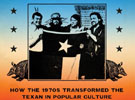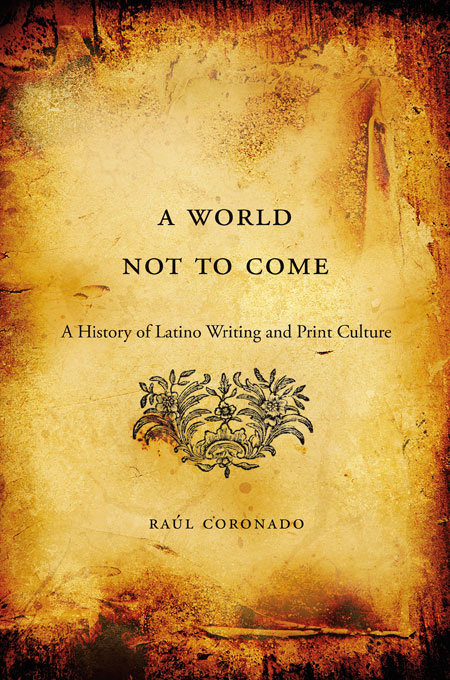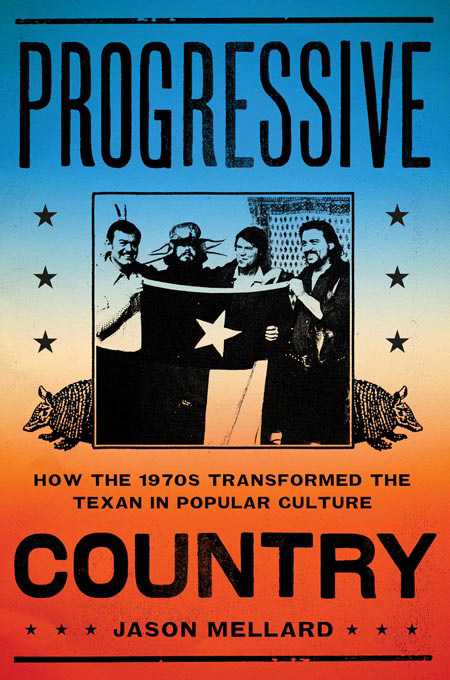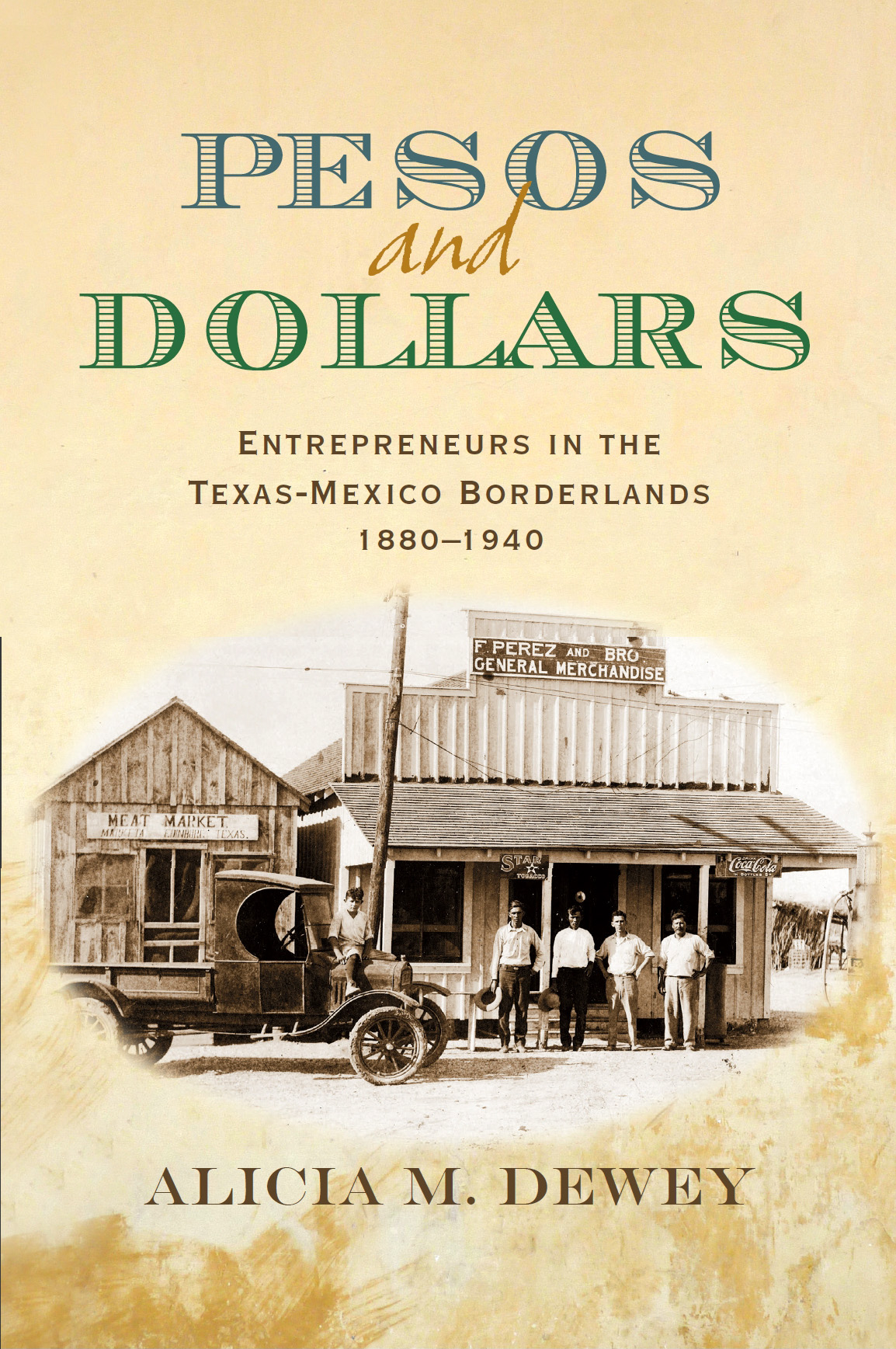Three SMU history scholars receive book awards
Three historians win prestigious awards for books honed during their time at SMU.

By Devean Owens
SMU News
DALLAS (SMU) – Three SMU history scholars recently won prestigious awards for books honed during their time at SMU.
Raul Coronado’s book A World Not to Come: A History of Latino Writing and Print Culture (Harvard University, 2013) won the Texas Historical Association’s Kate Broocks Bates Award for Best Historical Research and second prize from the Texas Institute of Letters Ramirez Prize for Best Scholarly Book. Coronado completed his Ph.D. in modern thought and literature in 2004 at Stanford University. He was a William P. Clements fellow in 2009-2010, and is associate professor of ethnic studies at the University of California, Berkeley.
Jason Mellard’s Progressive Country: How the 1970s Transformed the Texan in Popular Culture (University of Texas Press, 2013) won the Texas State Historical Association’s 2013 Coral Horton Tullis Memorial Prize for Best Book on Texas History. He completed his Ph.D. in American studies at the University of Texas at Austin in 2009 and was a 2010-2011 William P. Clements fellow. He is currently the assistant director at the Center for Texas Music History at Texas State University in San Marcos.
Ph.D. graduate Alicia Dewey won the Robert A. Calvert Book Prize as the best manuscript on the history of the American South, West or Southwest submitted in 2013 to Texas A&M University Press. Her book, Pesos and Dollars: Entrepreneurs in the Texas-Mexico Borderlands, 1880-1940, is scheduled for publication in summer, 2014. Dewey earned her Ph.D in history at SMU in 2007 and is currently an associate professor of history at Biola University in La Mirada, California.
"These recognitions confirm that the Clements Department of History – through its graduate program and research institute – continues to lead the way in producing first-rate scholarship on Texas, the American Southwest, and the U.S.-Mexico borderlands," says Andrew Graybill, associate professor and director of the Clements Center for Southwest Studies.
Established in fall 1996, the William P. Clements Center for Southwest Studies in SMU’s Dedman College is internationally known as an incubator for research and writing and an organizer of public programming, all related to the American Southwest.
The center annually provides post-doctoral fellowships for scholars studying the American Southwest and the U.S.-Mexico borderlands, allowing them to focus on additional research and to further develop manuscripts, leading to publication by prestigious presses in cooperation with the center.
Fellowships to emerging and senior scholars have resulted in 38 books published by 17 major university presses and nine more Clements Center fellows have publications forthcoming.
 A shift of global proportions occurred in May 1808. Napoleon Bonaparte invaded Spain and deposed the Spanish king. Overnight, the Hispanic world was transformed forever. Hispanics were forced to confront modernity, and to look beyond monarchy and religion for new sources of authority. A World Not to Come focuses on how Spanish Americans in Texas used writing as a means to establish new sources of authority, and how a Latino literary and intellectual life was born in the New World. The geographic locale that became Texas changed sovereignty four times, from Spanish colony to Mexican republic to Texan republic and finally to a U.S. state. Following the trail of manifestos, correspondence, histories, petitions, and periodicals, Raúl Coronado goes to the writings of Texas Mexicans to explore how they began the slow process of viewing the world as no longer being a received order but a produced order. Through reconfigured publics, they debated how best to remake the social fabric even as they were caught up in a whirlwind of wars, social upheaval, and political transformations. Yet, while imagining a new world, Texas Mexicans were undergoing a transformation from an elite community of “civilizing” conquerors to an embattled, pauperized, racialized group whose voices were annihilated by war. In the end, theirs was a world not to come. Coronado sees in this process of racialization the birth of an emergent Latino culture and literature. |
 During the early 1970s, the nation’s turbulence was keenly reflected in Austin’s kaleidoscopic cultural movements, particularly in the city’s progressive country music scene. Capturing a pivotal chapter in American social history, Progressive Country maps the conflicted iconography of “the Texan” during the ’70s and its impact on the cultural politics of subsequent decades. This richly textured tour spans the notion of the “cosmic cowboy,” the intellectual history of University of Texas folklore and historiography programs, and the complicated political history of late-twentieth-century Texas. Jason Mellard analyzes the complex relationship between Anglo-Texan masculinity and regional and national identities, drawing on cultural studies, American studies, and political science to trace the implications and representations of the multifaceted personas that shaped the face of powerful social justice movements. From the death of Lyndon Johnson to Willie Nelson's picnics, from the United Farm Workers’ marches on Austin to the spectacle of Texas Chic on the streets of New York City, Texas mattered in these years not simply as a place, but as a repository of long-standing American myths and symbols at a historic moment in which that mythology was being deeply contested. Delivering a fresh take on the meaning and power of “the Texan” and its repercussions for American history, this detail-rich exploration reframes the implications of a populist moment that continues to inspire progressive change. |
 In Pesos and Dollars: Entrepreneurs in the Texas-Mexico Borderlands, 1880-1940, historian Alicia M. Dewey tells the story of how a diverse group of entrepreneurs, including Anglo-Americans, ethnic Mexicans, and European and Middle Eastern immigrants, created and navigated changing business opportunities along the Texas-Mexico border and, in the process, remade South Texas from an isolated ranching society into a commercialized, urbanized outpost of the world economy in a little more than half a century. She traces the establishment and operation of their businesses, use of credit, management of risk, and methods of recovering from failure. Pesos and Dollars explores how some ethnic Mexicans and their descendants who had lived in the region for generations pursued new entrepreneurial opportunities and became the core of the rising Mexican-American middle class, despite losing ground both politically and economically in the increasingly Anglo-dominated entrepreneurial environment. Dewey further analyzes the region’s attraction for immigrants from Southern and Eastern Europe and the Middle East, as well as Jews from throughout America, identifying the fluidity of social and economic life along the border as an opportunity for greater mobility for groups that might be marginalized elsewhere. Pesos and Dollars enriches the study of the US-Mexican borderlands by examining cooperation and collaboration in pursuit of profit, demonstrating that there was more to the region during this period than simmering conflict, class stratification, and racial prejudice. There was also the enduring pursuit of pesos and dollars. This work, representing a new direction in Borderlands history, is a fitting addition to Texas A&M University Press’s new series, Connecting the Greater West. |
# # #